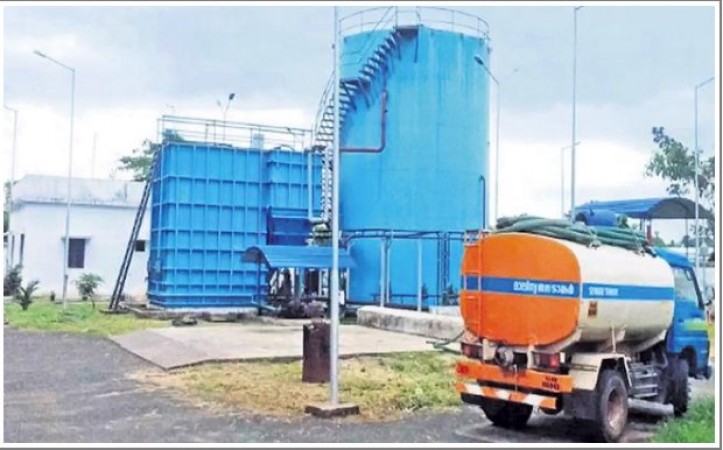
Amaravati: The municipality is initiating water and air pollution in urban areas of the state. It has decided to set up a large number of septage treatment (toilet waste management) plants in urban local bodies. The Central Government's Swachh Bharat Mission reported that water and air pollution in the country is increasing rapidly due to the lack of management of these wastes. The toilet should be at least 20 feet away from the water source near the septic tank. However, the report states that there is currently only 4 feet away. The ground water is being polluted. The lack of septic tanks at the prescribed time also leads to health problems due to the increase in water and air pollution.
To prevent open defecation, the Central and State Governments are implementing a large-scale toilet provision for every household. On the other hand, the state government has been initiating a new construction of about 30 lakh kosala in the name of 'YSR Jagannacolonies' under the 'All-In-One Houses' scheme in our state. Design has been finalized to make a toilet for every house in the colonies. With such a large number of new toilets being built, the need to establish a proper system for toilet waste management will be increased. The municipality has created action to set up septage treatment plants to solve this problem. Keeping in mind the future needs, it has been decided to set up septice treatment plants in three stages through Swachh AP Corporation in the state.
Septic tank waste is transported to septage treatment plants in the urban and urban suburbs. Where manure is made after proper disposal of waste. They are supplied to nurseries and fields. The remaining waste is disposed of in a non-polluting manner. The Swachh AP Corporation is expected to start the construction of the first phase of septus treatment plants by May next year and be completed by March next year. The two or three phases will be taken up and the plants will be set up in 32 urban local bodies in the first phase. In the second phase, municipalities with a population of one lakh to 5 lakhs and in the third phase, they will be set up in municipalities with a population of less than one lakh. Thus, they are set up in 110 urban local bodies. These plants are set up in the city and town suburbs. The municipalities will allocate land. The capacity of plants is determined and arranged on the basis of population. Each treatment plant is expected to cost Between Rs 5 lakh and Rs 50 lakh. Along with them, septic tank cleaning vehicles are purchased. Toilet outlets are strictly controlled by leaving them in the street streams. The aim is to clean every household septic tank in towns at least once in three years. For this, each municipality will have 5 to 25 septic tank cleaning units.
Also read:
'Bumble' CEO becomes youngest female billionaire
Catalonia to hold early parliamentary election amid corona pandemic
New Zealand imposes first corona lockdown since October amid community transmission